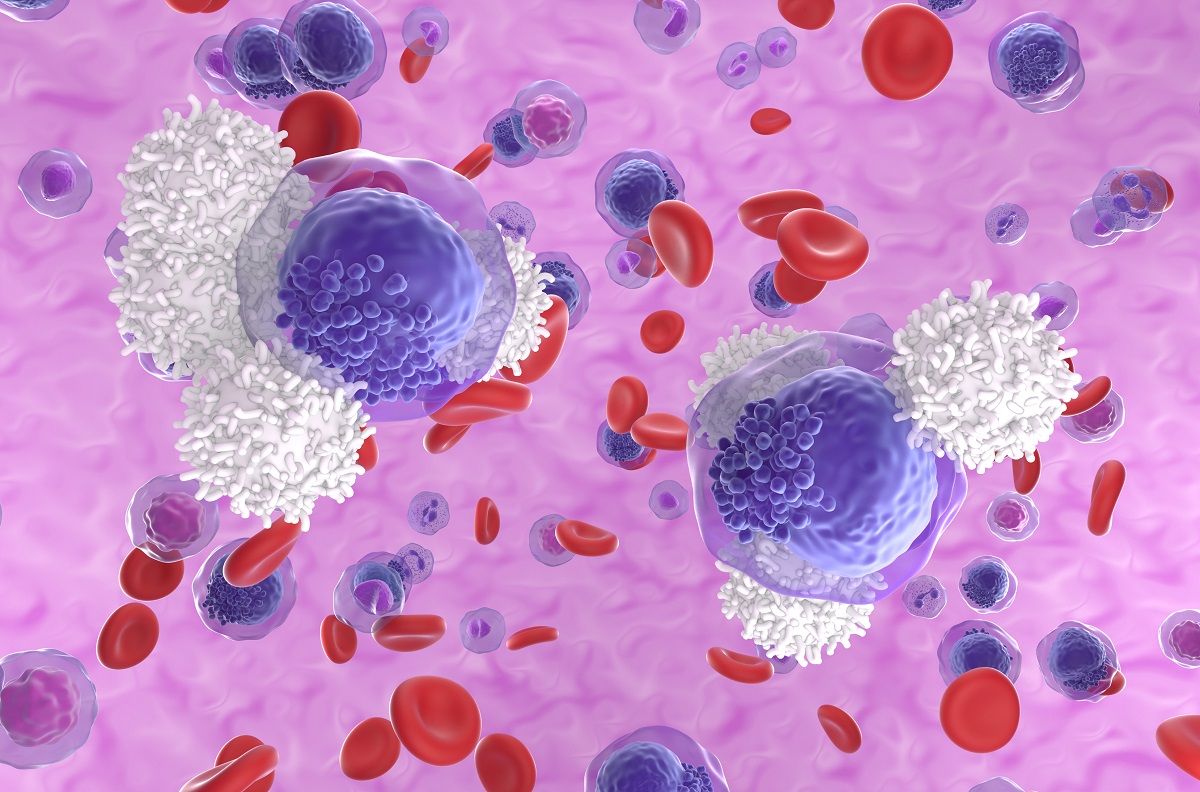KEY TAKEAWAYS
- The study aimed to show how Gum Arabic-stabilized Fe3O4 NPs and CNTs affect AML cell proliferation.
- The results showed that the Fe3O4 NPs/CNTs nano-hybrid composite induces apoptosis and has strong anti-leukemic effects.
Previous studies on the cytotoxic effects of magnetite (Fe3O4) nanoparticles and carbon nanotubes (CNTs) against acute myeloid leukemia (AML) have been inconclusive.
Alyaa S Abdel Halim and the team aimed to examine how Gum Arabic-stabilized or destabilized Fe3O4 NPs and CNTs affect AML cell proliferation, both individually and in combination.
Hybrid nanoparticles were synthesized, characterized, and tested for cytotoxicity against Kasumi-1, HL-60, and THP-1 cells, compared to normal primary bone marrow CD34+ cells. The study also explored the molecular pathways underlying the cytotoxicity of these nanostructures.
The Fe3O4 nanoparticles were successfully synthesized and attached to CNTs, forming a novel hybrid when interacting with a Gum Arabic (GA) colloidal solution in aqueous media.
The hybrid nanoparticles effectively suppressed growth in leukemia cell lines, with IC50 values ranging from 42.437 to 189.842 μg/mL, but showed relatively lower toxicity to normal hematopoietic cells (IC50: 113.529‒162.656 μg/mL). Combining Fe3O4 NPs with CNTs into a hybrid nanocomposite significantly enhanced effectiveness against leukemia cells, with the degree of improvement varying by cell type.
Stabilized by GA, the nanoparticles inhibited cell proliferation in a cell type-dependent manner. They induced cytotoxicity by stimulating intracellular ROS production, arresting the cell cycle at the G1 phase, and triggering apoptosis.
This was supported by the activation of p53, BAX, cytochrome C, and caspase-3, which were induced by ROS. The nanostructures also increased the expression of genes related to oxidative stress (SIRT1, FOXO3, NFE2L2, and MAP3K5) and cyclin-dependent kinase inhibitors (CDKN1A and CDKN1B) in response to ROS.
The study presented an effective Fe3O4 NPs/CNTs nano-hybrid composite that induces apoptosis and exhibits strong anti-leukemic properties. This hybrid nanocomposite shows promise for further in vivo testing and validation.
Funding was provided by the Deanship of Scientific Research at Imam Mohammad Ibn Saud Islamic University (IMSIU) through Research Partnership Program no RP-21-09-72.
Source: https://pubmed.ncbi.nlm.nih.gov/39055376/
Abdel Halim AS, Ali MAM, Inam F, et al. (2024). “Fe3O4-Coated CNTs-Gum Arabic Nano-Hybrid Composites Exhibit Enhanced Anti-Leukemia Potency Against AML Cells via ROS-Mediated Signaling.” Int J Nanomedicine. 2024 Jul 19;19:7323-7352. doi: 10.2147/IJN.S467733. PMID: 39055376; PMCID: PMC11269411.



